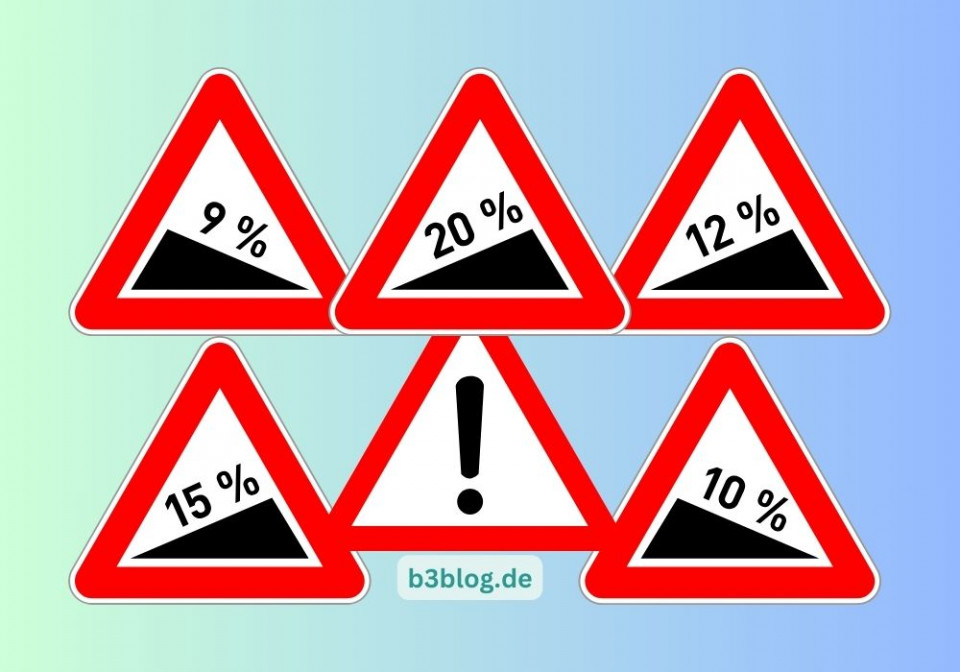Hard or soft, how we would like it
Digitization means that many processes in our everyday lives are being
automated or can be handled with the help of our many electronic
can be handled with the help of our many electronic helpers. You know, AI and all that. We prefer to avoid explaining intelligence, and for good reason. According to the dictionary, intelligence is the ability to think abstractly and rationally and to derive purposeful action from it. Well, abstract would still do, but "reasonable" and "purposeful"? I doubt that we humans could ever agree on a uniform definition of these terms. So let's leave intelligence out of it.
But let's take a look at the other side of the digitization coin anyway: people. Digitization only exists with them. The question is always how I, as an individual, deal with each and every digitization step. We know this from job applications: It has long since ceased to be enough to come with hard skills, i.e., education, work experience, and the entire framework. You also have to score points with soft skills. So it's not all that different with people than it is with digital technology: the software starts with the hardware, and people score points with soft skills and social competence over and above certificates and diplomas.



